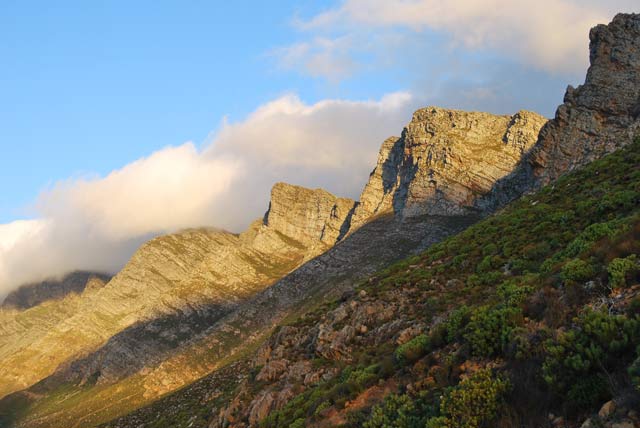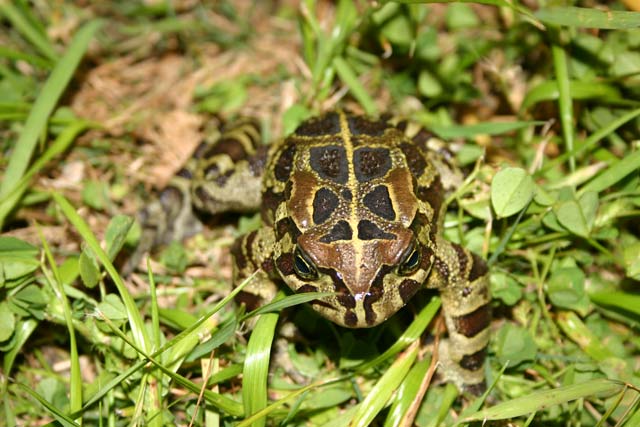Why the croaking of frogs should be music to our ears in the Cape Whale Coast Hope Spot
 After an overnight downpour it is possible to hear the croaking of myriad frogs in the marshes and bogs and amongst the fynbos of the Cape Whale Coast Hope Spot. This cacophony of calls on a wet spring morning should be music to our ears because nearly one-third of the world’s amphibian species are now on the verge of extinction.
After an overnight downpour it is possible to hear the croaking of myriad frogs in the marshes and bogs and amongst the fynbos of the Cape Whale Coast Hope Spot. This cacophony of calls on a wet spring morning should be music to our ears because nearly one-third of the world’s amphibian species are now on the verge of extinction.
Despite having survived the gargantuan forces of asteroid crashes and massive geological upheavals, frogs and other amphibians are now vulnerable to factors ranging from widespread pollution, infectious diseases, invasive species and habitat loss, to the effects of climate change. And at the present rate of habitat incursion, biodiversity loss and increasing temperatures, it is possible that our children’s children could have an extinction of experience. This means that tomorrow’s children could be denied the wonder of connecting to and interacting with, the natural world - disconnection rendering future generations increasingly out of touch with what is wild, natural and free.
Found in fynbos, riparian and wetland vegetation, frog species like the Cape river frog provide an enormous service to the Cape Whale Coast Hope Spot as the little amphibians consume large quantities of mosquitoes, moths, ants, beetles and other insects, while tadpoles keep our waterways clean by feeding on algae. Frogs and tadpoles are also an important link in the food chain, serving as food for birds, fish, mongooses and baboons.
Frogs require suitable habitats in both terrestrial and aquatic environments and because they are especially susceptible to environmental disturbances, they are considered to be accurate indicators of environmental stress – they can absorb toxins through their permeable skin and if their habitat is polluted they begin to die. As an indicator species, frogs therefore provide an alarm call when something is drastically wrong in an environment and, as such, may be considered “canaries in the cage”.

Frogs will not give you warts if you touch them, nor will they turn into handsome princes if you kiss them. They will, however, thank you for doing everything possible to keep their habitats pristine. Long live frogs in the Cape Whale Coast Hope Spot!
(Copy and photographs by Carole Knight – http://caroleknight.co.za/)
Source
© Written, Research and Photos: Carole Knight - http://caroleknight.co.za/
Call us and schedule your listing today! Contact Us
Copyright © 2025 Hermanus Online Magazine. Web Development by Jaydee media.

